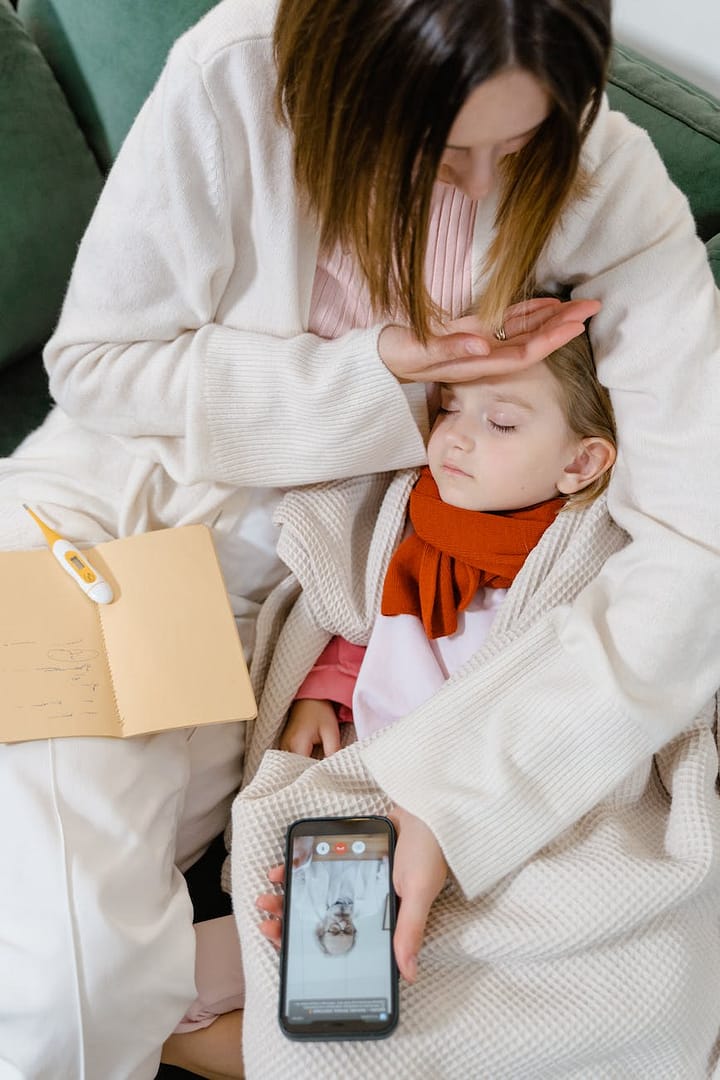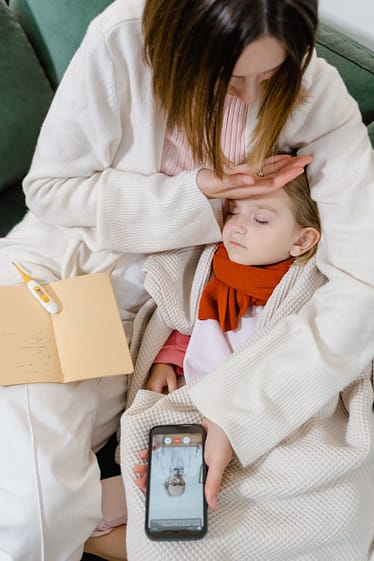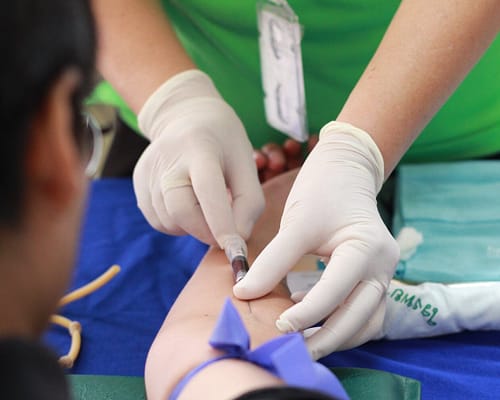
What Should I Know About Strep A Fever in Children?
Strep A infection has been taking a toll on children in the UK. As of previous reports, 8 kids have died in UK due to the strep A infection in recent days. Parents, early childcare workers, or school staff have been warned to look closely at children for the symptoms. Children can contract the virus from the infected one and spread it. Some may not show any symptoms, others may report severe health issues, and even death has been reported.

Are you worried you or your family member has strep throat? Reach out to a healthcare practitioner to do a quick test to see if a sore throat is strep throat. If it is positive, antibiotics can help with strep throat treatment and prevent spreading it to others.
What is the Strep A Infection?
- Strep A is an infection affecting the throat and tonsils caused by group A Streptococcus bacteria.
- Group A strep bacteria spread through droplets from an infected person. You may become ill if you touch your eyes, mouth, or nose after touching something with these droplets.
- The most common way of diagnosis is a swab test of the throat to see for strep throat.
- People with strep A infection should stay home until they are clear and no longer have a fever, and are on antibiotics for at least 12 hours.
- Antibiotics for strep throat reduce the symptoms and the duration of your sickness, prevent long-term health problems, and help prevent the spreading of the bacteria to friends and family members.
What are the Symptoms of this Infection in Children?
A child with strep throat may have any of these symptoms:
- Bright red tongue
- Fever
- Headache, fussiness
- Red, sandpaper-like rash on body (scarlet fever)
- Red, sore throat
- Sleeping more than usual
- Stomach pain, poor appetite, nausea or vomiting, especially in younger children
- Swollen, tender neck glands
- Trouble swallowing
- Tiny red spots on the roof of the mouth
- White spots on the back of the throat, tonsils, or tongue
A child with a cough, hoarseness, red eyes and runny nose may be due to a viral infection, the flu or a different illness rather than strep.
How to Avoid Infection?
- Please try to keep the child away from others for at least 12 hours after they start antibiotics.
- Good hand washing is essential! Clean your and your child’s hands often with soap and water for 15 to 20 seconds. An alcohol-based hand sanitiser containing at least 60% alcohol may also be used. Rub your hands until dry Ask your child or help them to cover their mouth when coughing or sneezing. Throw used tissues away right away.
- Do not share drinking or eating utensils.
- Keep regular appointments with the healthcare practitioner if your family has a sore throat.
- Inform your child’s school if they have strep throat so they can inform other parents to watch for symptoms in their children.
- Please keep your child at home until they are on antibiotic medicine for 12 hours and have no fever.
How can Strep A be Treated?
Strep A infections are treated with antibiotics for 24 hours. After the antibiotic treatment, people are generally assumed to be no longer contagious. Anyone infected with streptococcal bacteria should seek immediate medical help. Antibiotics, other drugs and intensive medical attention are likely to be needed.





